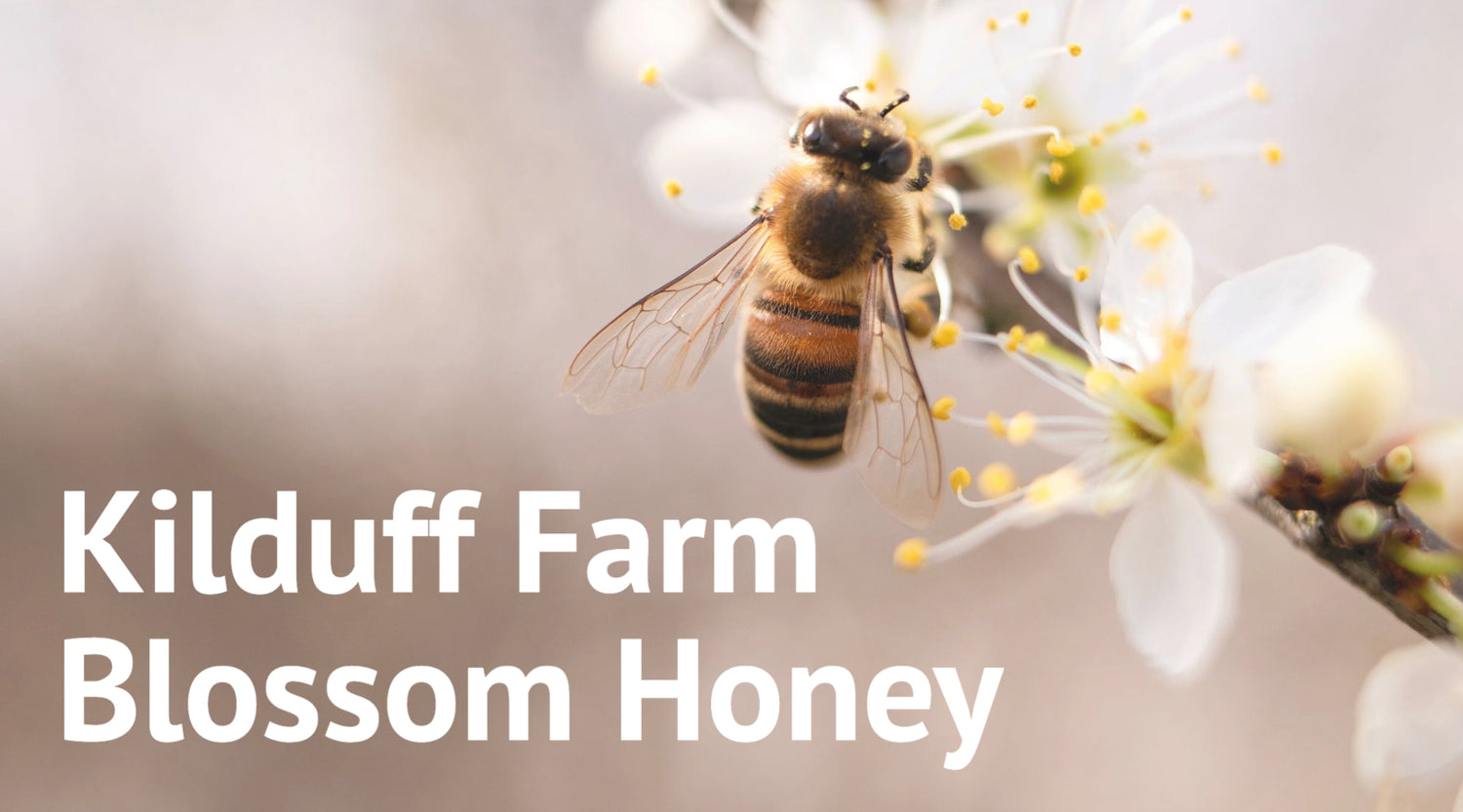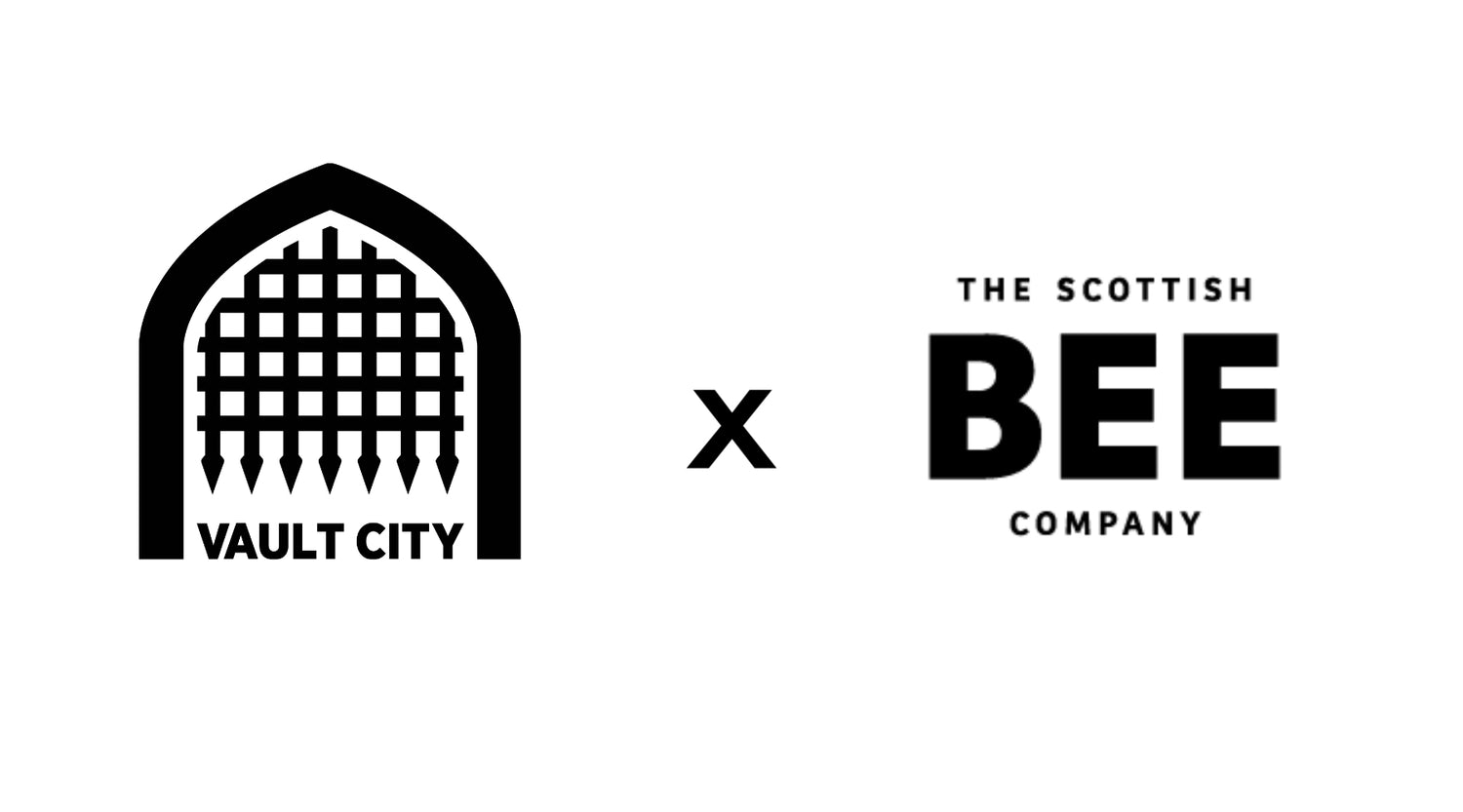A few years ago, the UN's Food Agriculture Organisation (FAO) declared a yearly celebration of ‘World Bee Day’ to raise awareness and subsequently spur action to help our declining pollinator populations around the world.
Pollination is vital to sustain life on our planet. For millions of years, a huge range of pollinators have ensured food security, and maintained biodiversity and vibrant ecosystems for all living things. It is estimated by the UN’s FAO that three out of every four leading food crops for human consumption - and more than a third of agricultural land worldwide - depend in part on pollinators.
However, human activity has led to a destructive decline in pollinators across the world. We want to use World Bee Day 2022 to help rebuild the delicate relationship between the livelihoods of our pollinating insects and humans.
THIS WORLD BEE DAY, WE’RE DONATING 20% OF PROFITS TO OUR CHARITY REPOLLINATE TO BE REINVESTED INTO OUR POLLINATORS!
From today until midnight on Monday, we will be donating 20% of all our profits to our sister charity, repollinate.
Shop our range from pure honey to beeswax candles and be assured your donation will be used for purposeful and impactful activities, aimed at helping our threatened pollinator population.
When is World Bee Day?
World Bee Day is celebrated on the 20th May. This date coincides with the birthday of the pioneer of beekeeping, Anton Jansa, born in 1734 in Slovenia!
What is the purpose of World Bee Day?
World Bee Day presents an opportunity to recognise the importance of beekeeping, bees and other pollinators to our ecosystem. The culmination of factors that has led us to experience a decline is down to human activity. World Bee Day encourages reflection, as a collective, on how we can navigate with a pollinator and planet focus.
When we speak of pollinators, many focus on the honeybee however globally, a wide range of important pollinators are sadly in decline, particularly wild pollinators. There are 20,000 species of wild bees that pollinate plants. It may come as a surprise but insects like moths, flies, wasps, beetles and butterflies pollinate plants too! Additionally, vertebrate pollinators including bats, several species of monkeys, rodents and tree squirrels, and birds such as hummingbirds, honeycreepers and sunbirds are important pollinators too.
The diversity of pollinators ensure a sustained source of multiple types of plants and an abundance of different foods. It is thus important to celebrate World Bee Day but extend the celebration to all of our precious pollinators.

What causes the decline?
It is a culmination of factors all predominantly driven by human activity.
Researchers have established the main reasons as:
- Mass use of pesticides and insecticides to protect plants in modern farming but causing harm to pollinators; you can read more in our blog about neonicotinoids and the harmful effects on bees by clicking here.
- New pests and diseases, which spread quicker across the world due to globalisation.
- Urbanisation, which impacts agriculture spaces and causes habitat loss
- Climate change; fluctuating temperatures and extreme changes impacting the seasons and pollinating periods, synchronicity between floral and insects.
- Trade of fraudulent honey; which impacts the beekeeping economy
What are the threats?
For the pollinators:
Extinction
It is estimated that present species extinction rates are 100 to 1,000 times higher than normal due to the aforementioned human impact.
Loss of habitat
Changes in landscape structure, intensive agriculture practices, monocultures and the use of pesticides have led to degradation of our pollinator habitats.
Reduced resistance
The transmission of pests and diseases over long distances will result in reduced resistance.
Desynchronisation
The less predictable weather patterns and extreme climate events associated with climate change leads to pollinators losing synchronicity with flowering plants they forage on.

For humans:
Food Security
Without the bees and other pollinators - butterflies, hummingbirds and bats, among others - FAO states that we wouldn’t have coffee, raspberries, almonds, apples and tomatoes, among many other fruit and seed producing crops.
We depend on pollinators for around 75% of many of our micronutrient rich fruits, vegetables, nuts, seeds and oils that we consume. Pollinators ensure the sustained production, yield and quality of some of our favourite crops.
Sustainable Farming
It is estimated that over the past 50 years, the quantity of crops that are reliant on pollinators has tripled. Pollinators therefore play an important role in the scale and scope of agriculture production, improving the quality and enhancing plants’ resistance to pests.
Biodiversity & Environmental Protection
In addition to ensuring food security, sustainable agriculture and conserving biodiversity, pollinators play a significant role in building resilience to climate change and environmental conservation.
How do you celebrate World Bee Day?
The most important way you can celebrate World Bee Day 2022 is through understanding and respecting pollinators and their role in our ecosystem.
To help improve the UK’s declining pollinator population, purchase any products from our 100% Scottish range all of next week and 20% from all the profits made will be donated to repollinate to reinvest in community based projects to rewild local areas, educate and engage.

Other ways you can contribute to the preservation of our pollinators:
- Plant bee friendly flowers and nectar sources; you can try our seed bombs here!
- Share resources and knowledge of the importance of pollinators; our team at repollinate can facilitate education programs and hands on days out for all ages!
- Purchase 100% pure honey from local beekeepers
- Reduce the use of pesticides in your garden or use pesticides that do not harm pollinators, and spray them in windless weather, early in the morning or late at night, when bees withdraw from blossoms. You can sign the petition here to prevent the use of the bee harming pesticide neonicotinoid by clicking here!
- Make an insect hotel or pollinator farm
- Speak with your policy makers
- Rewild local spaces with a diverse array of flowers and nectar bearing plant, reduce cutting grass and let gardens grow wild and vibrantly
If you would like to find out more about how you can get involved in improving the UK pollinator population, at an individual, community or corporate level, get in touch!






